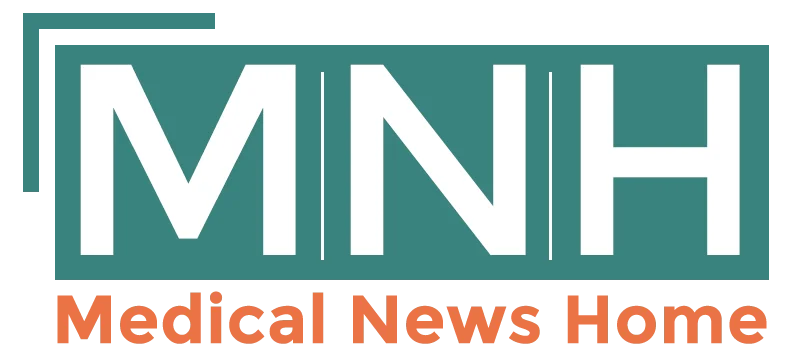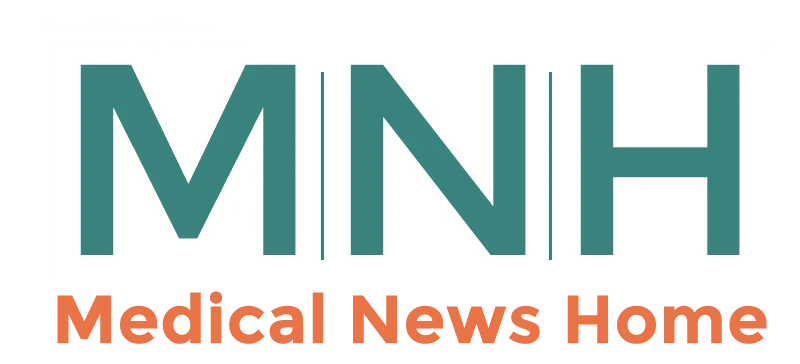The Potential for Gene Editing and Precision Medicine in the Treatment of Diseases
- Updated on: May 6, 2025
- Published on Feb 4, 2023

Gene editing refers to the process of making specific changes to the DNA of an organism with the aim of correcting genetic mutations that cause diseases. Precision medicine, on the other hand, is a personalized approach to healthcare that takes into account an individual’s unique genetic makeup and lifestyle factors to provide tailored treatments and preventive measures.
The significance of gene editing and precision medicine in the healthcare industry lies in their potential to revolutionize the way we treat and prevent diseases. Gene editing has the potential to cure genetic disorders by correcting the underlying genetic mutations, while precision medicine has the potential to improve the effectiveness and efficiency of treatments by tailoring them to an individual’s specific needs and circumstances.
Together, gene editing and precision medicine hold immense promise for transforming the healthcare industry and improving patient outcomes. By combining the power of genetics and individualized care, these advancements have the potential to revolutionize the way we approach disease treatment and prevention.
Gene Editing
CRISPR/Cas9 is a revolutionary gene editing technology that allows for precise and efficient changes to be made to the DNA of an organism. It works by using a molecule called RNA, which guides an enzyme called Cas9 to a specific location in the DNA sequence. Once there, Cas9 can cut the DNA, allowing for the insertion, deletion, or replacement of specific genes.
The advantages of CRISPR/Cas9 technology include its precision, efficiency, and low cost compared to previous gene editing methods. This has led to its widespread use in a variety of research and development applications, including the treatment of diseases.
However, there are also several challenges and limitations to CRISPR/Cas9 technology. For example, the technology is still in its early stages and requires further refinement before it can be safely and effectively used in humans. Additionally, there are ethical concerns related to the use of gene editing, including the potential for unintended consequences and the potential for the technology to be used for malicious purposes.
Despite these challenges, the potential applications of CRISPR/Cas9 in the treatment of diseases are numerous. For example, it has been used to cure genetic disorders such as sickle cell anemia and to develop treatments for diseases such as cancer.
Currently, there is a great deal of research and development taking place in the field of gene editing, with a focus on improving the accuracy, specificity, and safety of CRISPR/Cas9 technology. This includes the development of new techniques and tools for gene editing, as well as the exploration of new applications for the technology in the treatment of diseases.
Precision Medicine
Precision medicine is an individualized approach to healthcare that takes into account an individual’s unique genetic makeup, lifestyle factors, and medical history to provide tailored treatments and preventive measures. It aims to provide more effective and efficient treatments by using a patient’s specific information to inform decision-making and treatment planning.
The advantages of precision medicine in disease treatment include increased effectiveness and efficiency of treatments, as well as improved patient outcomes. By tailoring treatments to an individual’s specific needs and circumstances, precision medicine has the potential to improve the overall health of patients and reduce the burden of disease.
However, there are also several challenges and limitations to precision medicine, including the need for large amounts of data and sophisticated technology to inform decision-making, as well as ethical and privacy concerns related to the collection and use of personal information.
Despite these challenges, precision medicine has already been applied in a variety of diseases, including cancer, heart disease, and mental illness. This includes the use of genetic testing to inform diagnosis and treatment planning, as well as the use of personalized interventions to prevent and treat disease.
There is ongoing research and development in the field of precision medicine, with a focus on improving the accuracy and reliability of predictive models, developing new technologies for data collection and analysis, and exploring new applications for precision medicine in the treatment of various diseases.
The intersection of gene editing and precision medicine
Gene editing and precision medicine intersect in their goal to provide individualized, effective treatments for diseases. Gene editing technology such as CRISPR/Cas9 can be used to precisely modify a patient’s genetic material to correct mutations that cause diseases. Meanwhile, precision medicine uses a patient’s unique genetic information and medical history to inform tailored treatments and preventive measures.
By combining the strengths of both gene editing and precision medicine, it is possible to develop highly individualized treatments that are both effective and efficient. This has the potential to revolutionize the way we approach disease treatment and prevention, leading to improved patient outcomes and reduced disease burden.
However, the intersection of gene editing and precision medicine also raises complex ethical and practical questions, including the need for careful consideration of the potential risks and benefits of such treatments, as well as the need for ongoing research and development to refine these technologies and ensure their safe and effective use.
Ethical considerations
The field of gene editing and precision medicine raises important ethical considerations that must be carefully considered in order to ensure the safe and responsible development and use of these technologies. Some of the key ethical considerations include:
- Safety and Effectiveness: There is a need to ensure that gene editing and precision medicine technologies are safe and effective before they are widely used in humans. This requires rigorous testing and evaluation, as well as ongoing monitoring and assessment of their effects.
- Equality and Access: Gene editing and precision medicine technologies have the potential to increase health inequalities if they are only available to certain populations or if they are used in ways that perpetuate existing inequalities. It is important to ensure that these technologies are accessible and affordable to all who need them.
- Privacy and Security: Precision medicine relies on the collection and analysis of large amounts of personal data, which raises important privacy and security concerns. It is important to ensure that this data is collected, stored, and used in ways that protect patients’ privacy and security.
- Social and Cultural Implications: Gene editing and precision medicine may have broader social and cultural implications, including changes to our understanding of what it means to be human, the ethics of genetic modification, and the potential for these technologies to be used for malicious purposes.
- Regulation and Oversight: There is a need for effective regulation and oversight of gene editing and precision medicine to ensure that these technologies are developed and used in safe, ethical, and responsible ways. This includes the need for ongoing monitoring and assessment of their effects, as well as the development of standards and guidelines for their use.


